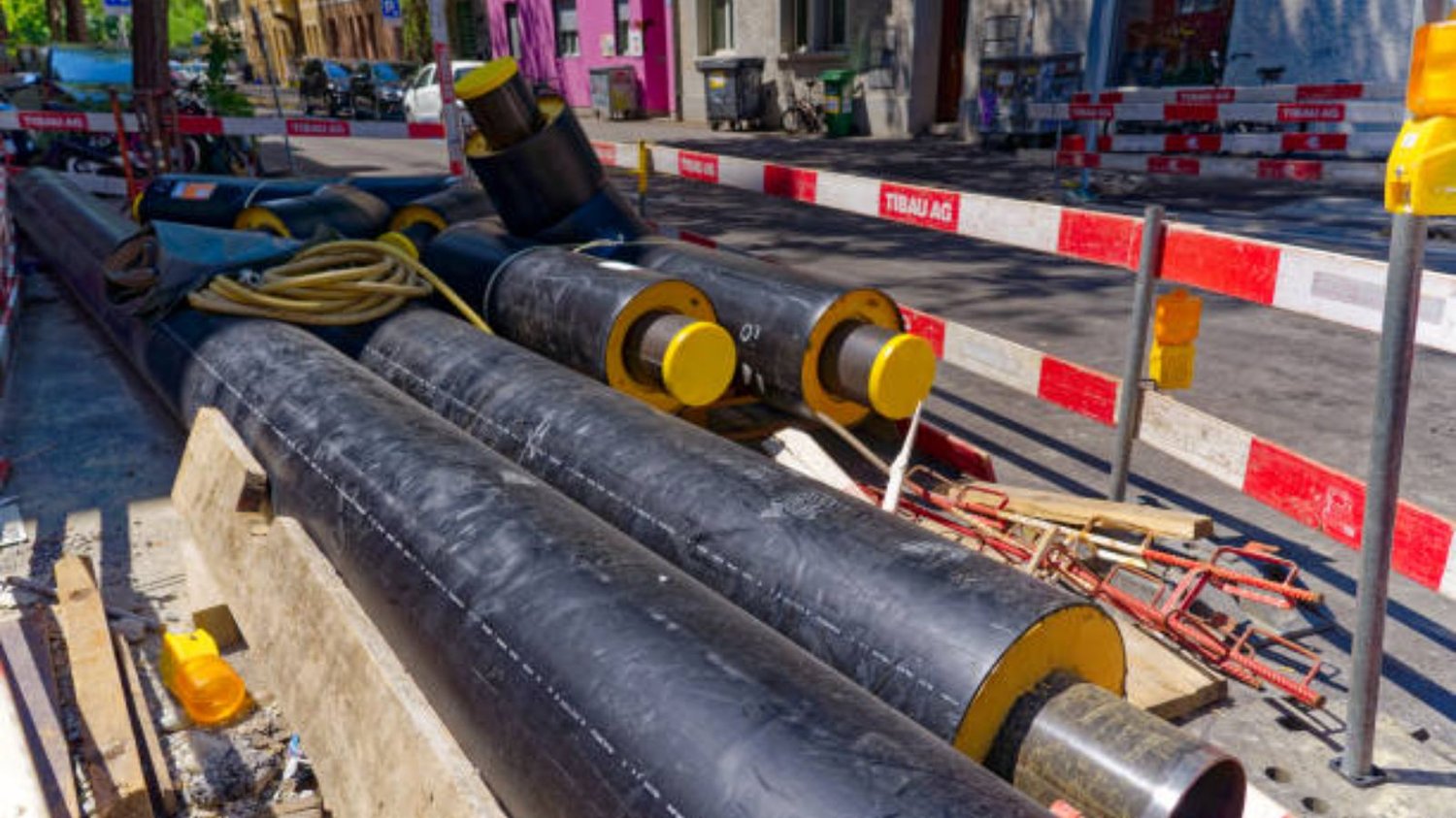When it comes to piping, there are a wide variety of materials that can be used, each with its own set of unique properties and advantages. One material that has been gaining popularity in recent years is polyurethane. In this article, we'll take a closer look at what polyurethane pipe is, and what it is typically used for.
1. What is Polyurethane Pipe?
Polyurethane pipe is made from polyurethane, a type of plastic that is known for its durability, flexibility, and resistance to chemicals and abrasions. It is typically used in applications where a high level of toughness and long service life is required.
2. Water Supply and Distribution
Polyurethane pipes have become a popular choice for water supply and distribution systems due to their resistance to corrosion and ability to handle high water pressure. They are often used in applications where PVC or metal pipes may not be suitable, such as in areas with a high risk of earthquakes.
3. Oil and Gas Industry
The oil and gas industry is another area where polyurethane pipes are commonly used. Due to their resistance to chemicals, abrasions, and extreme temperatures, they are well suited to the harsh conditions found in oil and gas production and transportation facilities.
4. Mining Applications
Polyurethane pipes are also used in mining applications, where they can withstand the rough and abrasive conditions found in mines. They are often used in areas where traditional steel piping may not be suitable, such as in areas with a high risk of corrosion due to exposure to corrosive fluids.
5. HVAC Systems
Polyurethane pipes are commonly used in HVAC (heating, ventilation, and air conditioning) systems due to their excellent insulation properties. They can help to reduce energy costs by maintaining a consistent temperature and reducing heat loss within a building.
6. Industrial and Chemical Processing
Industrial and chemical processing facilities often require a high level of durability and resistance to chemicals and abrasions. Polyurethane pipes are well suited to these applications, as they can handle a wide range of chemicals and extreme temperatures.
7. Agriculture and Irrigation
Polyurethane pipes are also commonly used in agriculture and irrigation, as they can handle high water pressure and resist damage from the sun and weather. They are often used in drip irrigation systems, as they can help to deliver water directly to the roots of plants and reduce water waste.
8. Infrastructure Applications
Polyurethane pipes can also be used in infrastructure projects such as road construction, underground utilities, and bridge building. They are durable and can withstand the weight of vehicles and heavy machinery, while also resisting damage from chemicals, salt, and other environmental factors.
9. Marine Applications
Polyurethane pipes are also well suited to marine applications, as they can resist damage from saltwater and other corrosive substances. They are often used in boating and shipping applications to transport water and other fluids.
10. Alternative to Traditional Piping Materials
Overall, polyurethane pipe is an alternative to traditional piping materials that offers a wide range of advantages in terms of durability, flexibility, and resistance to a variety of environmental factors. It is becoming an increasingly popular choice in a variety of industries due to its versatility and long service life.

